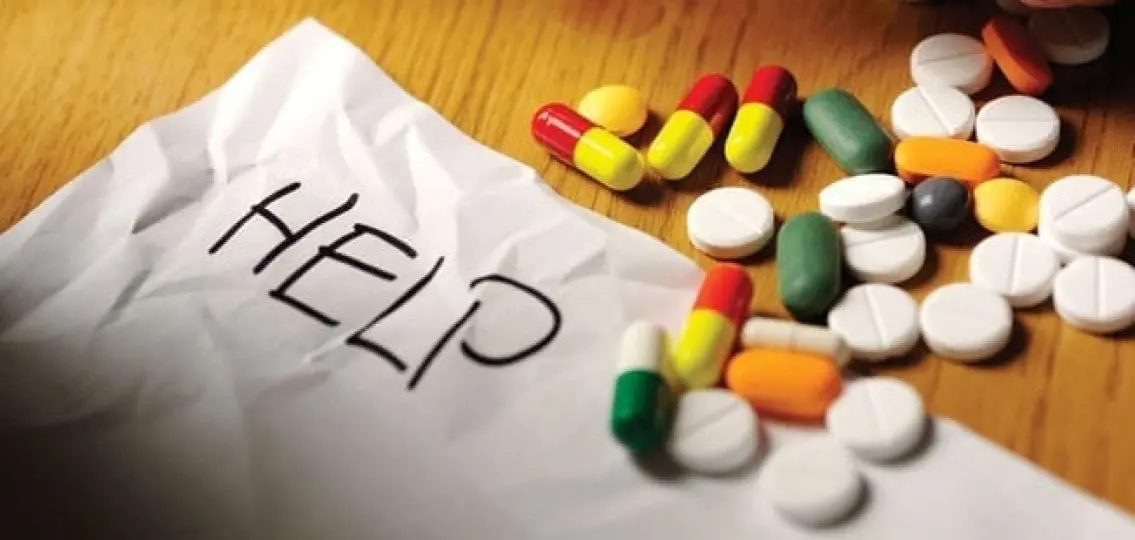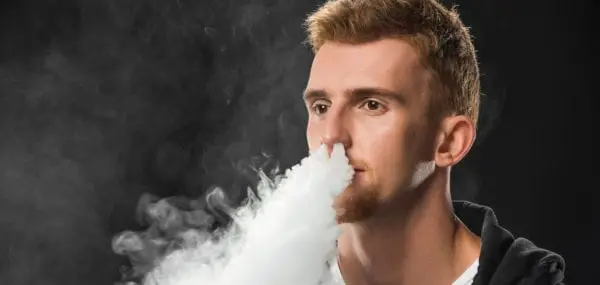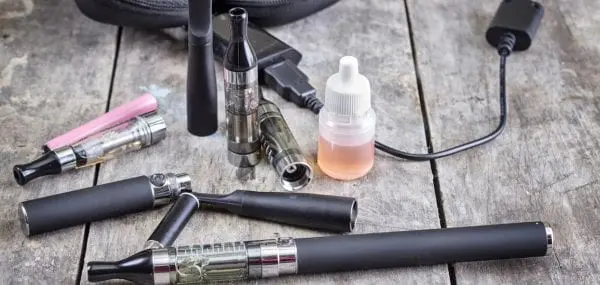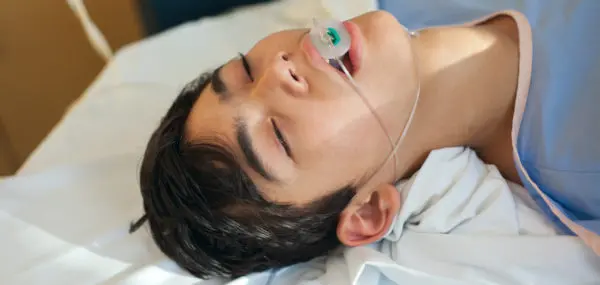The majority of teenagers experiment with drugs or alcohol in high school. Unfortunately, for some of those teenagers, experimentation crosses the line to abuse. In those cases, they require professional help.
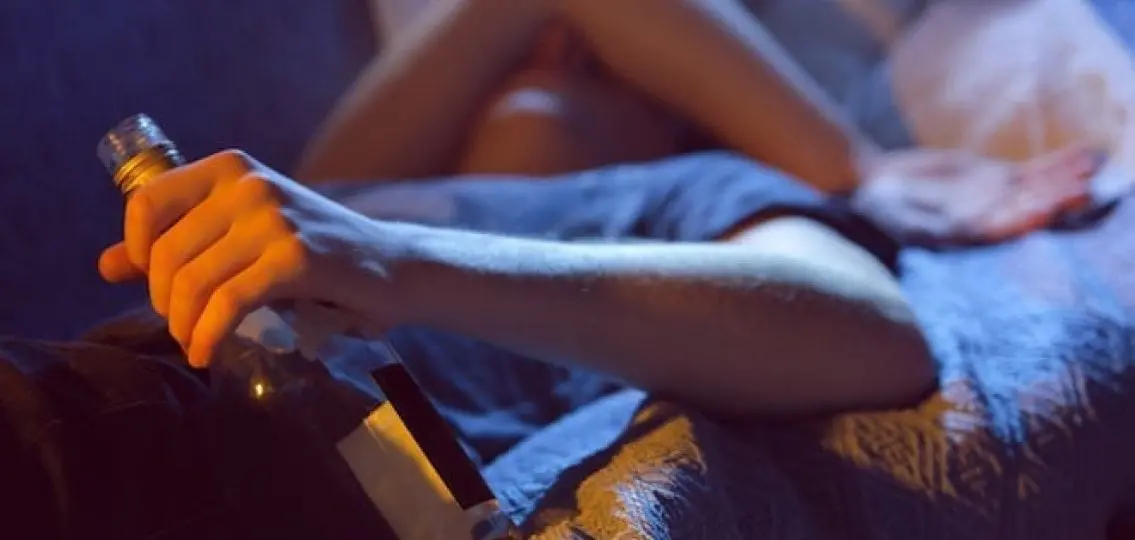
4 Ways to Determine if Professional Help is Needed:
1. Changes in behavior
“The classic things we look for are changes in behavior,” says Dr. Joseph Shrand, medical director of CASTLE, an intervention unit for teenagers at the High Point Treatment Center in Brockton, Mass. That includes changes in sleep habits, energy levels, personal hygiene, and mood. Dropping grades, new friends, and a loss of appetite are also cause for serious concern.
2. Telltale signs
Parents may also notice telltale signs associated with certain drugs. “If your teenager has bloodshot eyes—and you find Visine lying around—they may be smoking weed,” explains Shrand. “Stimulants like cocaine will make them hyperactive, while opioids—heroin and prescription painkillers—will make them lethargic.”
3. Direct conversations
When you notice these sorts of changes, talk to your teenager. If they admit to a problem, it’s time to take action. Even if they don’t admit, but the negative changes and substance-use persist, you should also take action. That does not mean calling the nearest adolescent substance abuse treatment center, stress the experts.
4. Expert assessment
Start by getting your teenager assessed by an independent mental health professional. Choose someone who has experience working with substance abuse in teens. “Ideally, you want someone who does not have a vested interest in admitting your teen to a treatment program,” recommends Anne M. Fletcher, author of Inside Rehab.
7 Suggestions About Substance Abuse Recovery Programs:
1. Work your network to find the right program.
Ask friends and family. Use the Internet. Consult with medical professionals whom your teenager sees regularly. For example, if your child has an ADHD diagnosis, talk to that specialist. Your pediatrician may also help with a referral, though this is not an area in which many pediatricians are trained.
Above all, ask questions, including: “What is your experience with substance abuse? What is your experience with teens? How do you assess this?” suggests Fletcher.
It’s important to make sure treatment programs are licensed and accredited by the state in which they operate. Use the Internet to research facilities you’re considering. Look for recommendations on the (many) questions you should ask before checking your teenager in. Also call the Better Business Bureau. Any negative report should be a major red flag.
2. Understand your options.
The assessment will help determine which substances your teenager is using and how much, as well as—and this is key—any underlying mental health or other issues (including in the family) that may be contributing to the problem. It should also recommend a course of action for your teenager.
Fletcher says that many experts recommend a “stepped approach.”
“You want to increase the intensity of the care, as the intensity of the problem increases,” she explains. “You don’t start out with the most intensive treatment first.”
Indeed, for many teenagers, seeing a mental health professional with substance misuse expertise on a regular basis is enough to get them through this stage.
For teenagers with more serious, ongoing problems, enrollment in a formal treatment program may be necessary. However, even here there are choices to be made: outpatient, inpatient, or some combination of both. Within the stepped approach, an outpatient program is an appropriate place to start for most teenagers (and adults), says Fletcher.
“The research shows in adults that residential treatment is no more effective than outpatient treatment,” she explains, adding that there has been little research in teens.
3. Make sure it’s comprehensive.
You want to treat the substance problem, but you also want to make sure you’re tackling any underlying problems—such as mental health issues—that are contributing to the problem. “You want to find out if the substance abuse is secondary to something else—like depression, trauma, anxiety—which is leading your teenager to self medicate,” explains CASTLE’s Shrand.
4. Make sure it’s based on science.
Make sure the program is run by qualified, licensed medical professionals—doctors, psychiatrists, psychologists, etc.—and offers a treatment plan that is grounded in the latest evidence-based substance use disorder research.
“You want a program that really understands state of the art neuroscience about the adolescent brain,” adds Shrand.
Beware of programs that aggressively tout non-traditional therapies, like Reiki, yoga, acupuncture, or even animal therapy. While alternative therapies can improve your teenager’s physical health—or provide emotional comfort—there’s no evidence that they are effective in treating substance abuse problems on their own. Parents should be sure they’re selecting treatments that have proven track records.
5. Avoid programs that use confrontation.
Shrand also recommends parents steer clear of programs with harsh methods. “No programs where they try to scare you out of using drugs and alcohol.” These can include wilderness programs, “emotional-growth boarding schools,” and other boot-camp style approaches. The bottom line: they don’t work.
“Confrontational approaches have not been shown to be effective and certainly not with adolescents,” adds Fletcher.
6. Make treatment a family affair.
While parents are not to blame for their teenager’s addiction, they should still be prepared to play a role in the treatment. “The family component of a treatment program is an integral part of a teen’s recovery,” explains Fletcher. “So, make sure it includes a significant family therapy commitment.”
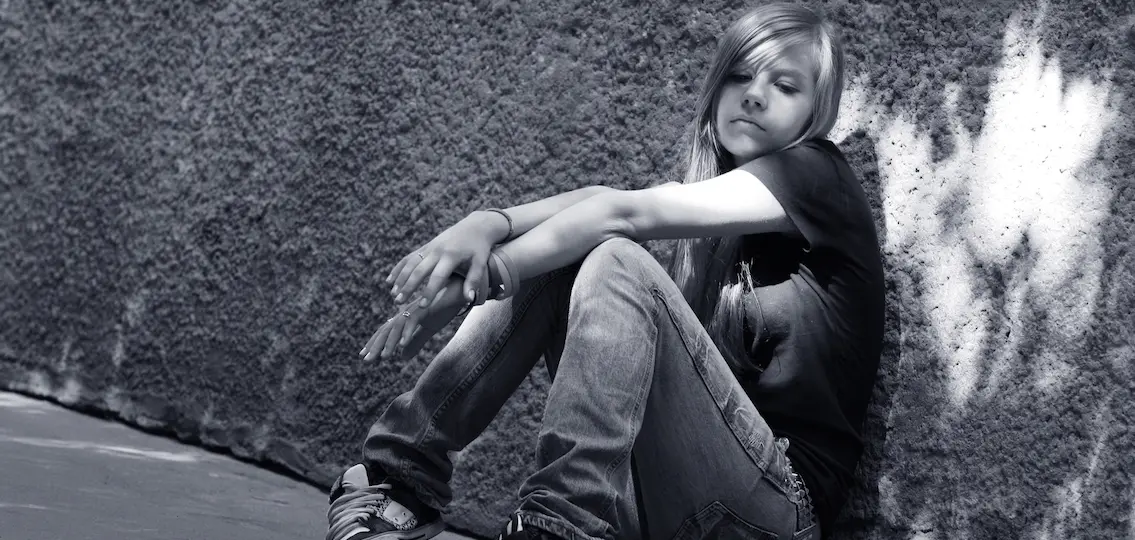
7. Arrange post-treatment support.
“Find out what supports are put in place to help your teenager stay sober,” says Shrand. That can include therapy, support groups, and other services that help your teenager readjust to life without drugs or alcohol.
